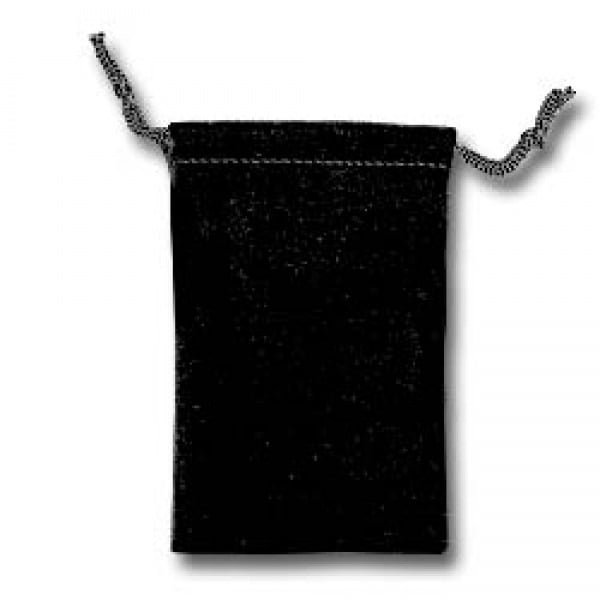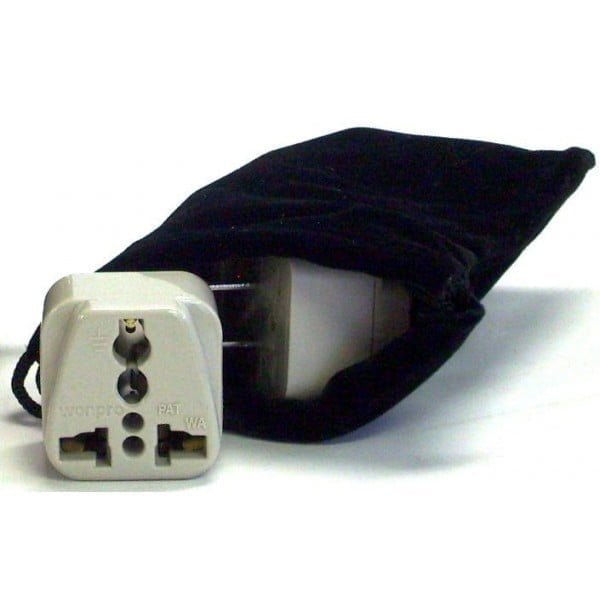Albania Voltage and Video Systems
Albania Voltage and Frequency
- Electricity in Albania is 220 Volts, alternating at 50 Hz (cycles per second)
- If you travel to Albania with a device that does not accept 220 Volts at 50 Hertz, you will need a voltage converter
Albania Video System
- Albania has B.G/PAL video system







